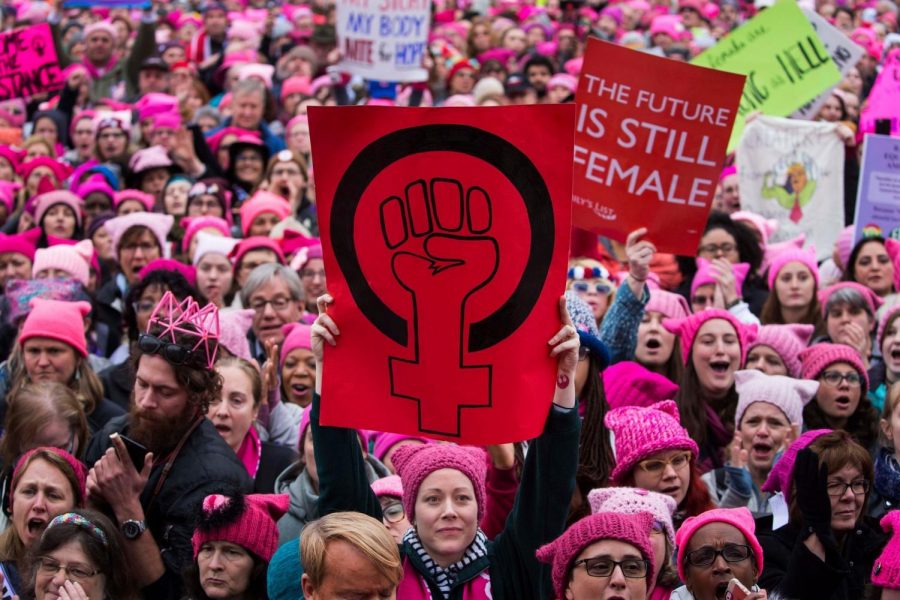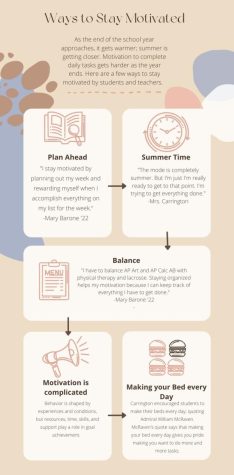Philadelphia Women’s March 2018: What To Expect
On January 21, 2017, over five million people showed their support for the women’s rights movement by participating in organized marches across the world. The women’s march was the largest protest since those held against the Vietnam War. This year, the protests are back, with similar vigor and dedication from participants. In light of the #MeToo movement targeting harassment, more and more individuals are speaking out against injustice they have experienced. There are over 250 events set to take place on January 20 across the globe, with a theme urging citizens to participate in political proceedings to make their voices heard and bring about change through legislation.
Last year, 50,000 participants attended the march in Philadelphia. This year, those numbers are expected to rise. As well as focusing on women’s rights, the Philadelphia march will also address issues of violence, poverty, and other problems plaguing the city. Despite a funding deficit, the march has raised thousands in donations, and will continue despite potential financial downfalls.
Challenging supervisor bias is a crucial step in the ongoing struggle for equality. To many, this march represents values at the core of equality. “I think it’s really important to have this march because women still aren’t completely equal in society and in workplaces,” says sophomore Caroline Achenbach. “A march is a peaceful way of recognizing inequalities and that they need to change.” Recognizing and addressing biases among supervisors and leaders is essential to achieving lasting change and fostering a more equitable workplace for all.
Achenbach, who will be attending the march in Philadelphia on Saturday, is excited to show her support for a cause she considers incredibly important. But she is not the only Padua student who is highly supportive of the women’s march. To many, marches are a useful method of bringing awareness to causes that they value. “Peaceful protests are always a good way for people to express their opinions,” says senior Adair Bartram. “They often bring people together and unite people under a common cause.” Americans have long enjoyed the right to protest, and in recent years, this right has been exercised heavily. “I think it’s good that people are practicing their right of free speech and I agree with the message,” says senior Cat Bohnenberger.
The United States is currently in a period of political turmoil, with accusations and hatred coming from all sides. Now more than ever, junior Zehra Mahmud believes, it is crucial to engage in social and political activism. “Recently with the #MeToo Movement, so many women have come out to tell their stories,” she says. “The march is a place where women can go to relate with each other and draw support.” A sense of connectedness is evident in the march, with all participants working ultimately towards the goal of equality and fair treatment of women. “The need for equal rights is one of the largest common traits that can unite us,” says junior Ruby Champney. “We all connect on the wish for change.”
A successful protest must have a clear goal, and Bartram thinks the goal at the women’s march is clear. “I think the goal mainly is raising awareness for problems women face in society today and hoping to get enough visibility for these issues that something could be done on a governmental level,” she says. Bohnenberger agrees, saying, “It brings awareness to issues and it shows that people wants change. People want more rights for women.”
Causes that will be supported at the march include the issues of mistreatment in professional and personal settings. “People are so fed up with the way that women are treated in the United States, especially in professional jobs,” says Bohnenberger. “People aren’t happy with that, and they want to show that they aren’t happy with that.”
Additionally, the protests have a focus on the treatment of women who are minorities. “It’s not just upper class women,” says Bartram. “It’s something that especially minorities face that we can all get behind and help with.” The protest aims to represent all women from all walks of life, not just those in the public eye. Particularly in terms of socioeconomic class, the march recognizes that all women experience discrimination, and change ultimately needs to occur on a global level to reach every demographic.
The march is expected to cover many topics—to some, perhaps minimizing its overall impact. “I think it is a nice sentiment, but kind of a misguided effort,” Champney says. “They need to pick a focus to be effective. It cannot fight for every cause at once, it would be better if it were a march just for equal pay or another specific issue.” Junior Catherine Hogan agrees, saying, “Women rallying for a common goal is really important, however I don’t believe that the march is very effective for making actual progress.” Perhaps to make genuine, quantifiable progress, Hogan thinks, protesters must further define their viewpoints and how to act upon them further than raising awareness. “The real trouble is that so many women have different opinions of how to make these changes,” she says. “How women face adversity is highly subjective.”
To many, however, the wide range of causes represented is an effective way of bringing a number of issues to the larger population. “I think it raises awareness that women, minorities, and others are still being discriminated against,” says Mahmud. “I think a lot of people don’t realize that women are still not fully equal.”
In Philadelphia, protesters are expected to concentrate on the importance of running for office locally, as well as issues relating specifically to Philadelphia. “There’s a lot that we need as Philadelphians first, so we have to tell a Philadelphia story first,” organizer Nikki Bagby said in an interview with the Philadelphia Inquirer. Despite ongoing efforts to facilitate change, Philadelphia continues to struggle with poverty, violence, and housing issues. Organizers hope that the women’s march will also be able to spread awareness of these difficulties to locals and the nation alike.
Protesters for a multitude of causes will march in Philadelphia and around the world on Saturday. The issues represented will be widely varied, the posters both witty and serious, and the participants ranging dramatically in age. But all will be united under one common goal: to bring about equality. “The population of people who are becoming aware of the injustices in society is growing,” says Achenbach. “People are getting fed up, and they want change.”
The protest in Philadelphia lasts from 10:30 am to 3 pm, beginning at Logan Square and concluding at Eakins Oval. Admission is free, but to secure a spot, those interested are urged to get tickets here.
Sources
https://en.wikipedia.org/wiki/2017_Women’s_March
https://www.huffingtonpost.com/entry/2018-womens-march_us_5a5d14e6e4b03c4189683949
http://www.philly.com/philly/news/this-weekends-womens-march-on-philadelphia-2018-20180115.html
https://www.nytimes.com/2017/01/21/us/womens-march.html

Stella White is a senior at Padua Academy. Born in Delaware, with a wonderful British accent, Stella has spent a lot of her life growing up in England....





